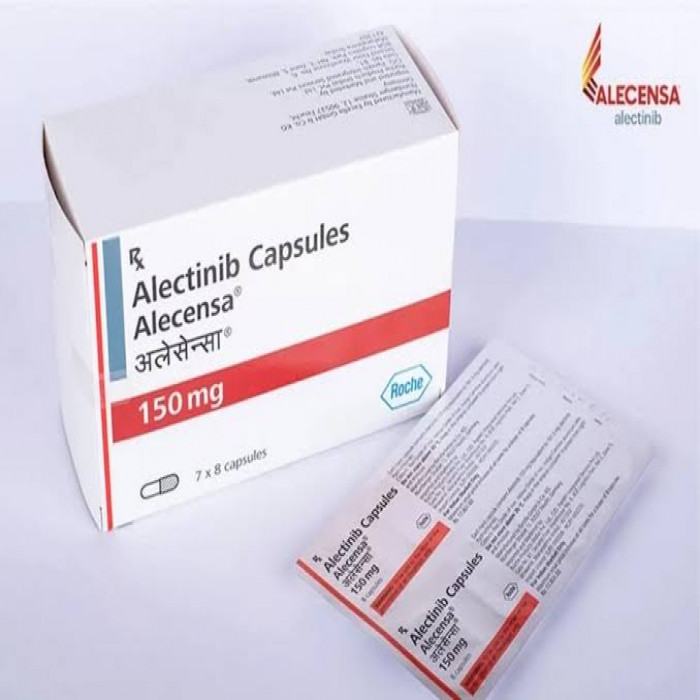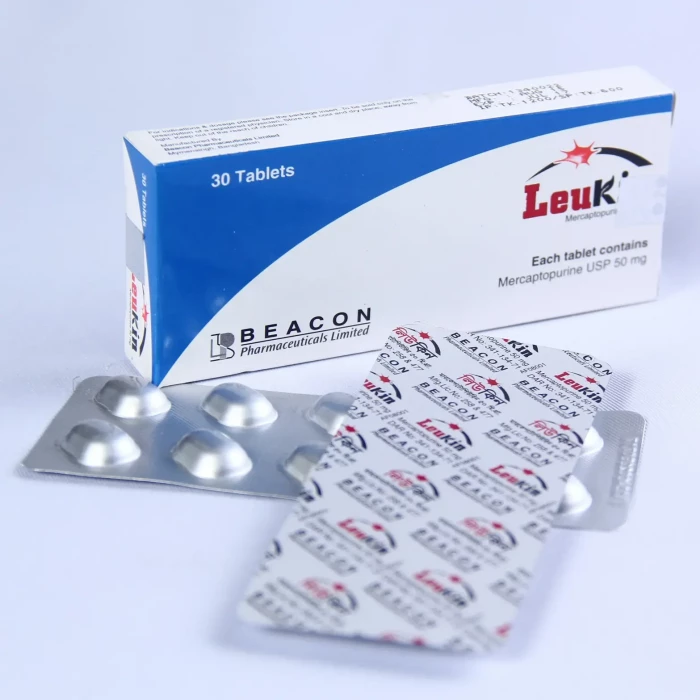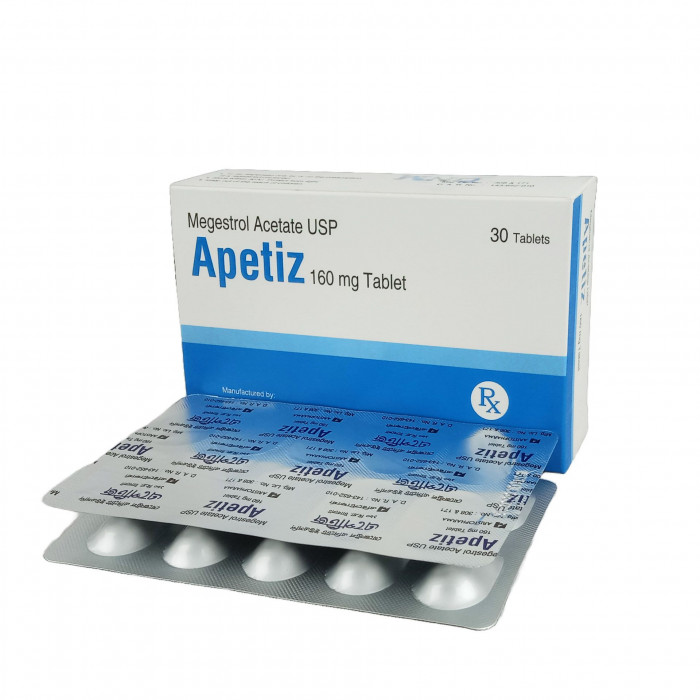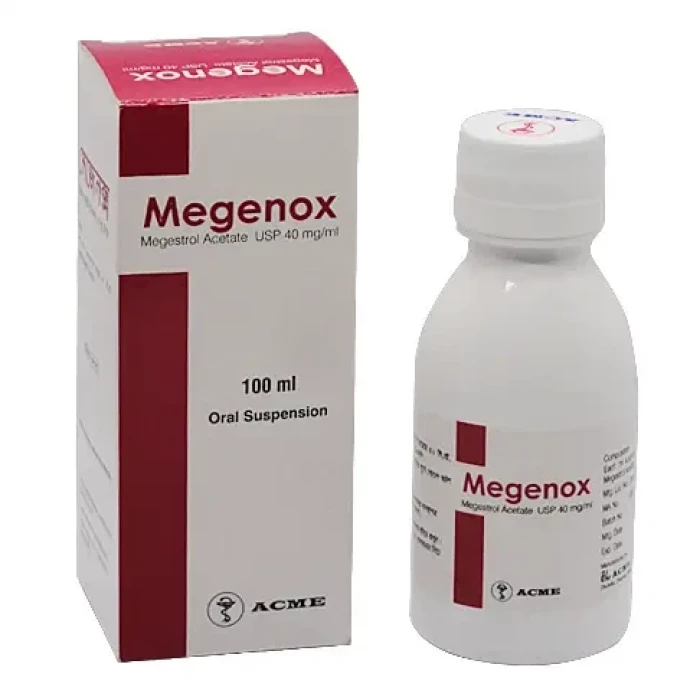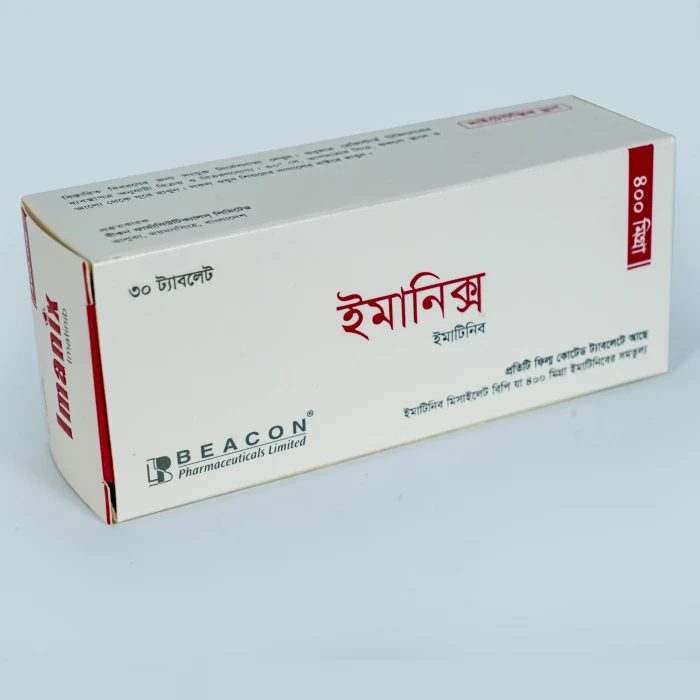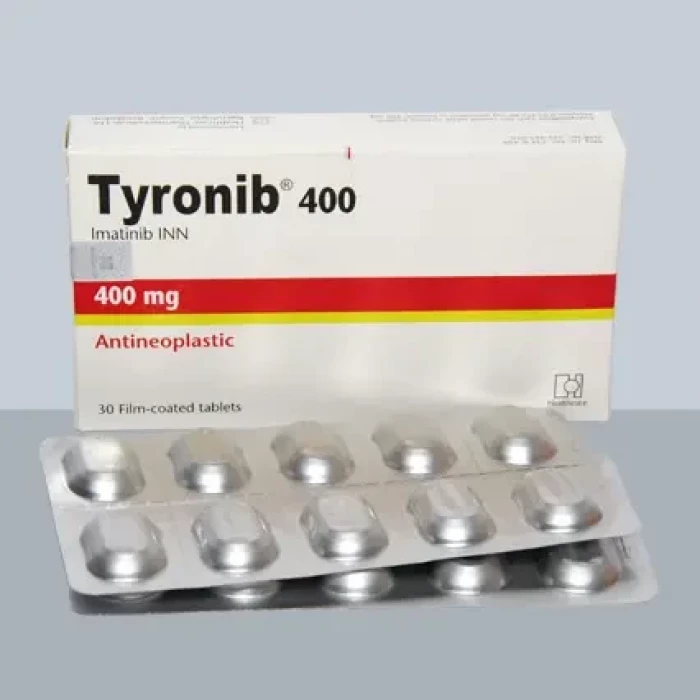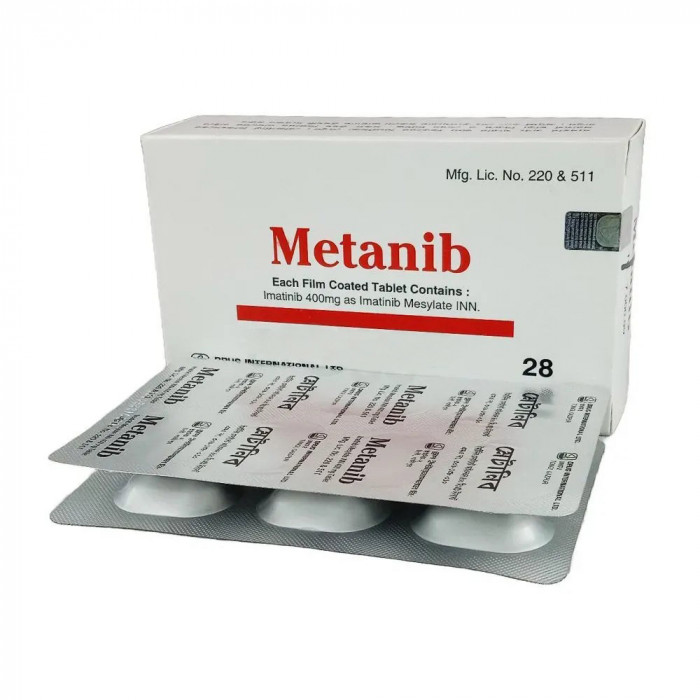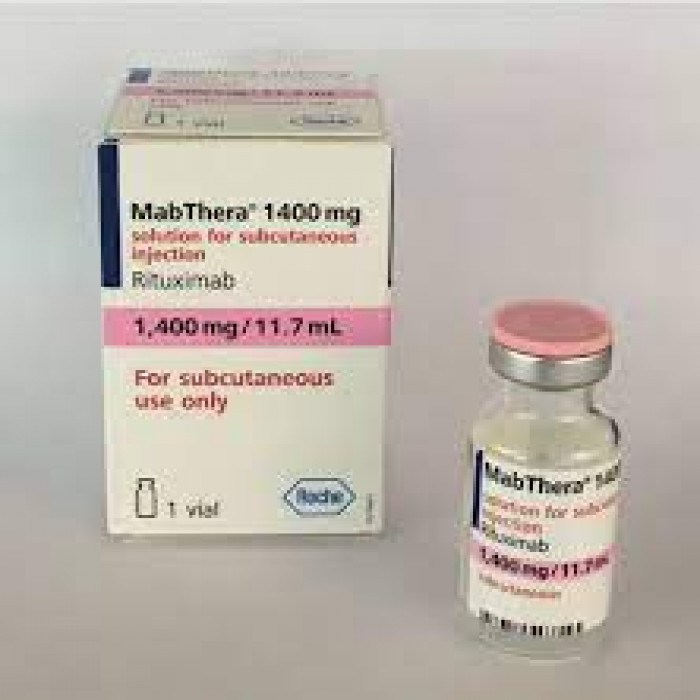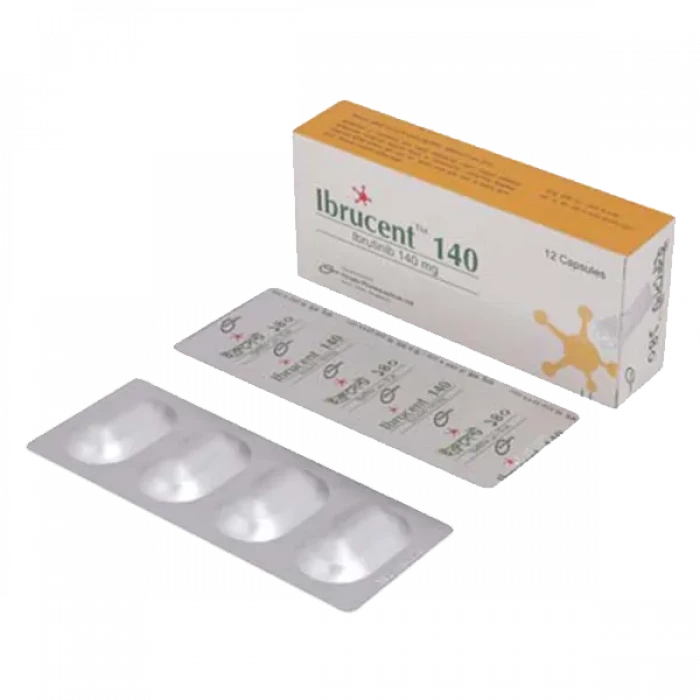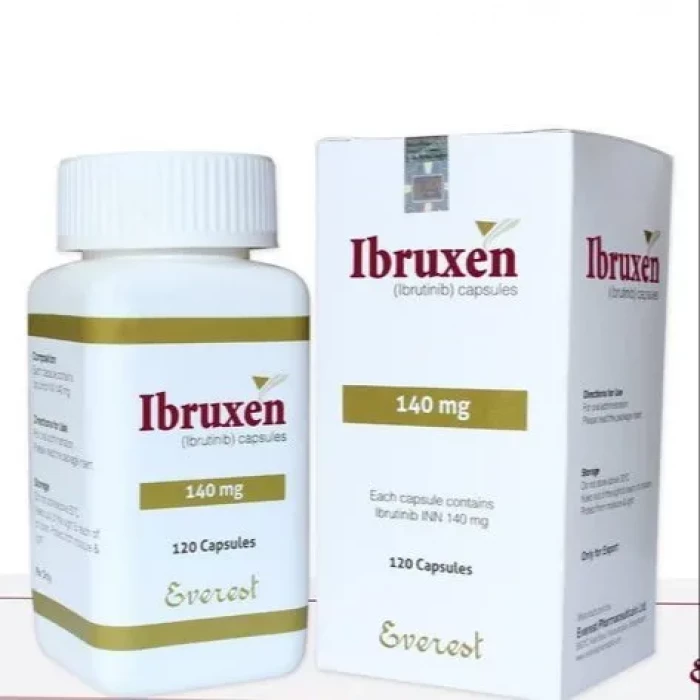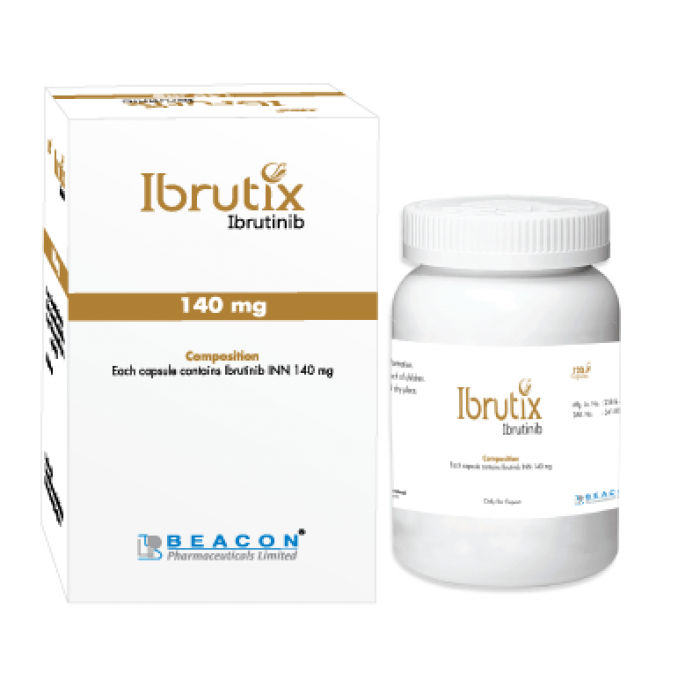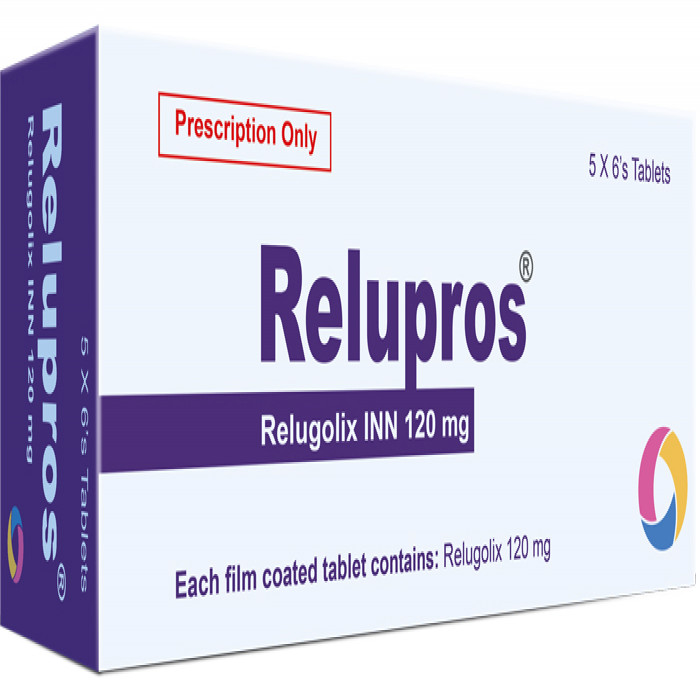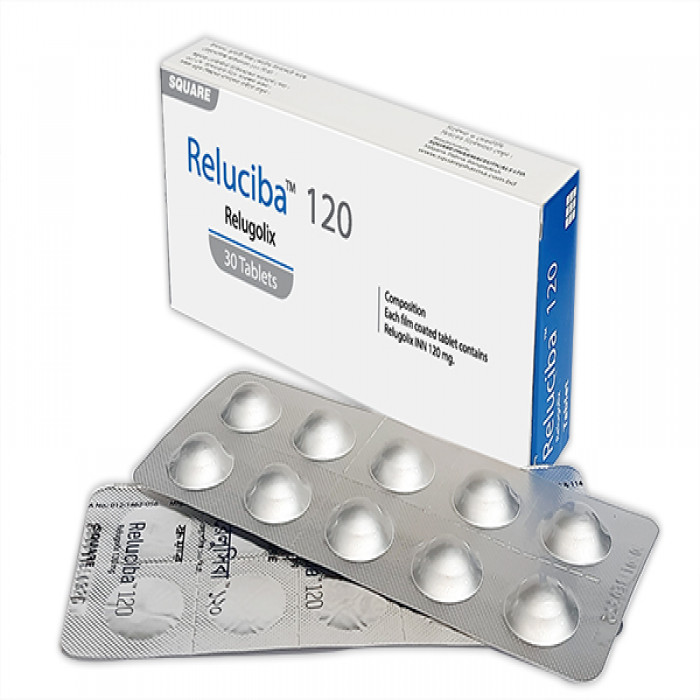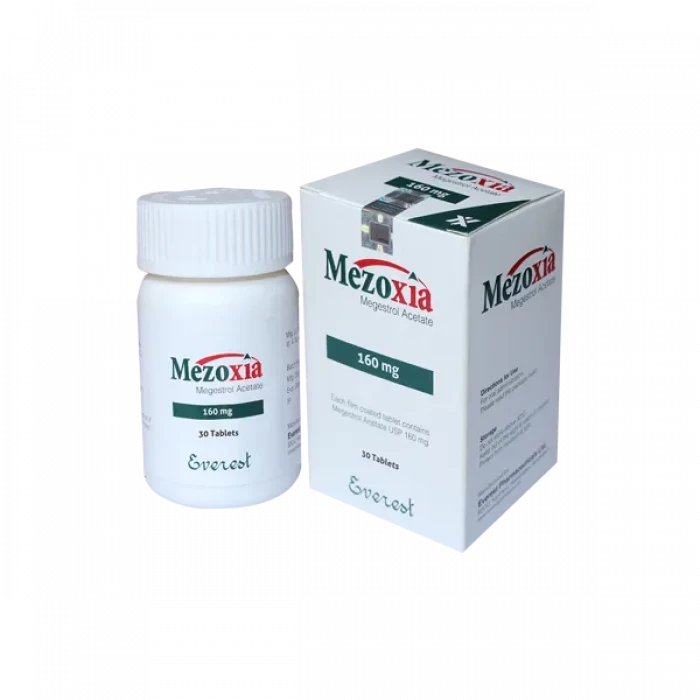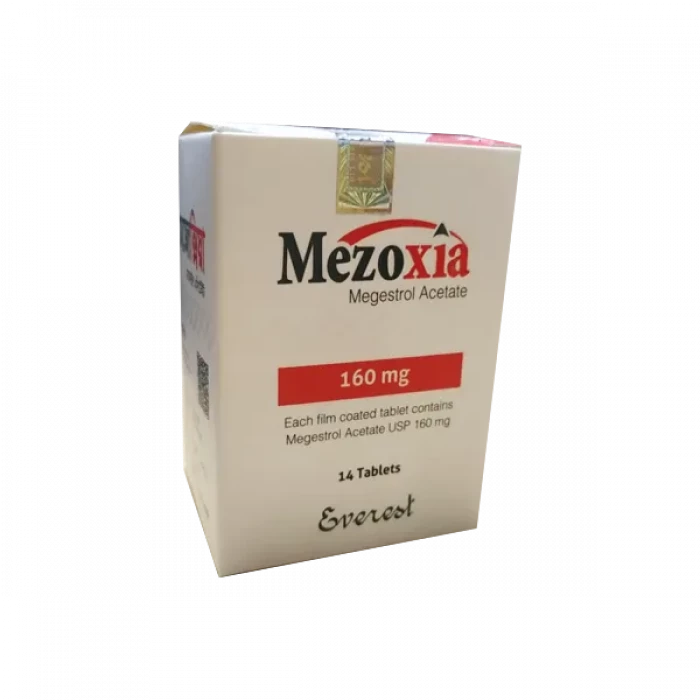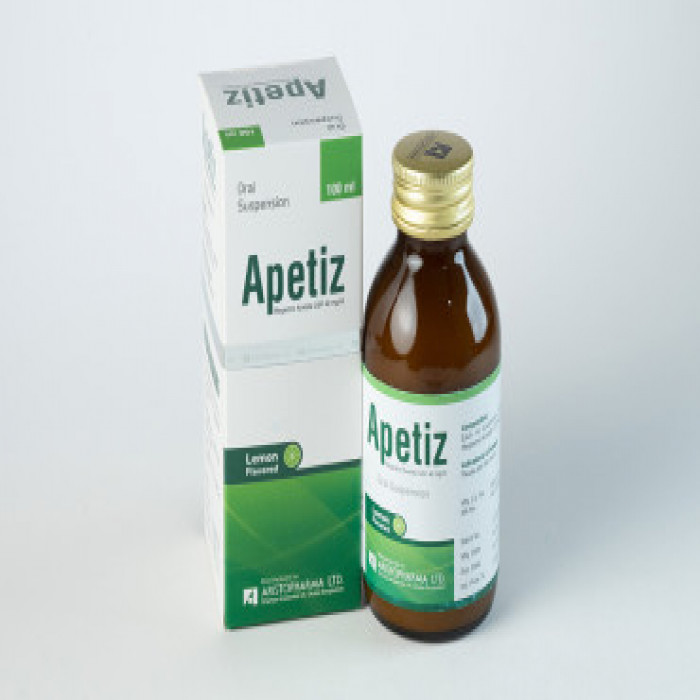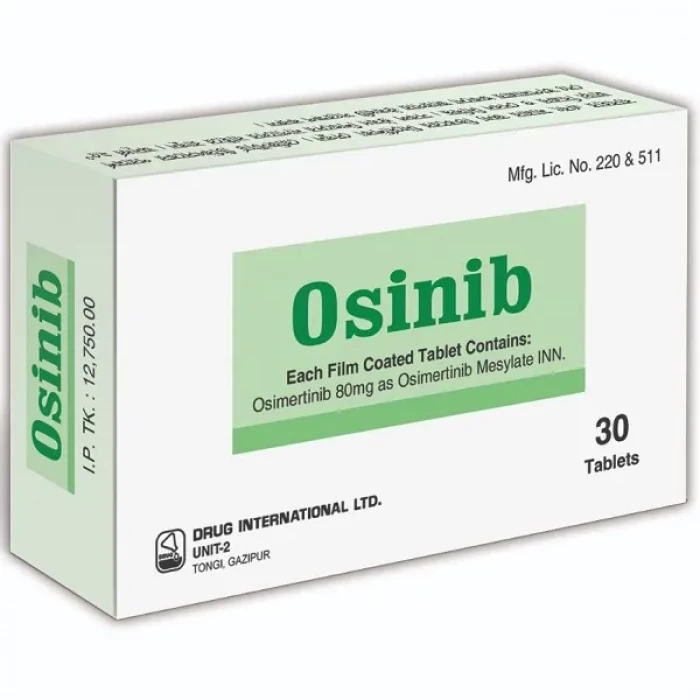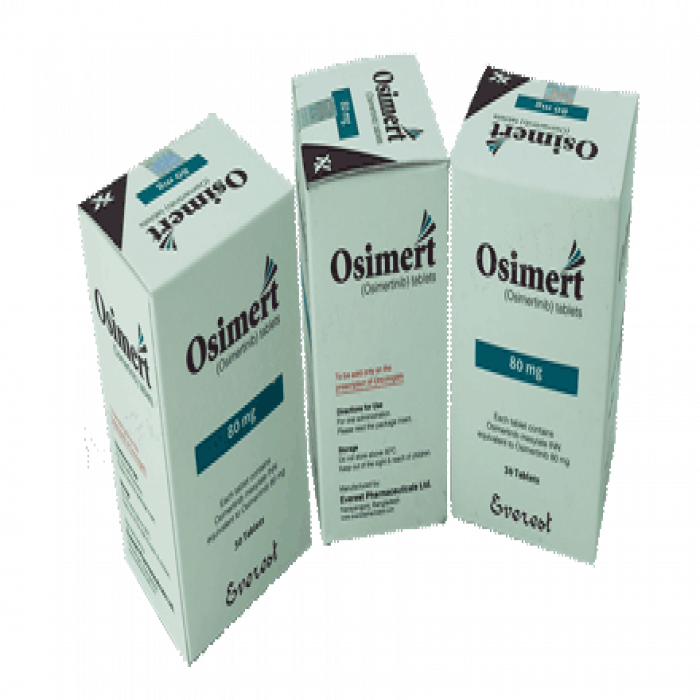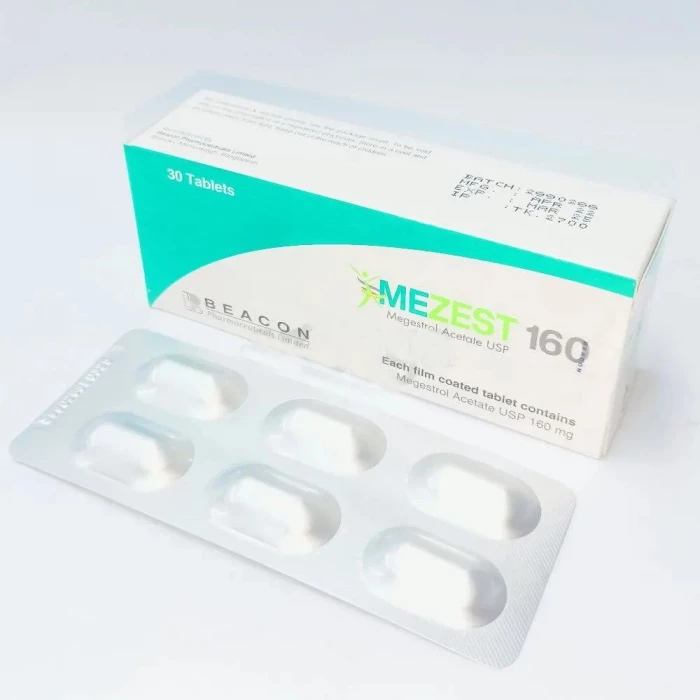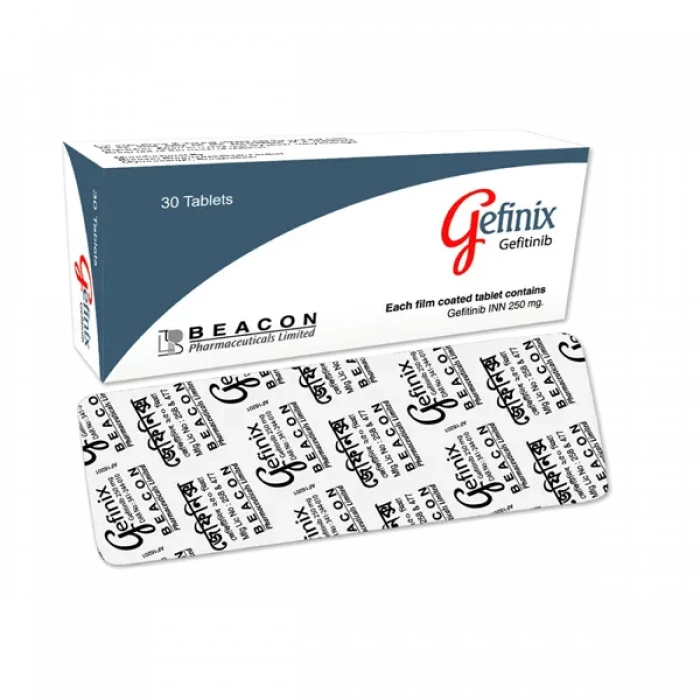

✔ 100% Authentic Product

Generic Name: Gefitinib 250mg
Company Name: Beacon Pharmaceuticals Limited

🛒 How to order this item?

100% Genuine Products, Guaranteed
Safe & Secure Payments, Always
Fast, Secure & Efficient Delivery
Proper Packaging
Cashback offer(Optional):
- 🏷 Coupon CASH55 ✔️ Get ৳55 back - for Ordering ৳500+
- 🏷 Coupon CASH120 ✔️ Get ৳120 back - for Ordering ৳1200+
- 🏷 Coupon CASH200 ✔️ Get ৳200 back - for Ordering ৳2500+
- 🏷 Coupon CASH300 ✔️ Get ৳300 back - for Ordering ৳3500+
- 🏷 Coupon CASH400 ✔️ Get ৳400 back - for Ordering ৳4500+
- 🏷 Coupon CASH500 ✔️ Get ৳500 back - for Ordering ৳5500+
- 🔹 Delivery charge is applicable for Cashback offer
- 🔹 Foreign manufacturer products are not applicable for Cashback offer
Show More
 Cash on Delivery - All over Bangladesh
Cash on Delivery - All over Bangladesh Urgent Delivery - 2 Hours Dhaka City
Urgent Delivery - 2 Hours Dhaka City ফ্রি ডেলিভারি! - ১৪৯৯ টাকা+ অর্ডারে ঢাকা
শহরে ।
ফ্রি ডেলিভারি! - ১৪৯৯ টাকা+ অর্ডারে ঢাকা
শহরে । ফ্রি ডেলিভারি! - ২৯৯৯ টাকা+ অর্ডারে ঢাকার
বাহিরে ।
ফ্রি ডেলিভারি! - ২৯৯৯ টাকা+ অর্ডারে ঢাকার
বাহিরে ।
✅ Description:
Indications
Gefinix 250 is a medication used to treat non-small cell lung cancer. It is used in patients whose cancer has spread to other parts of their bodies, who have abnormal epidermal growth factor receptor (EGFR) genes, and who have not previously received cancer treatment. Gefinix 250 can be taken with or without food, but for best results, take it at the same time every day. You should continue to take it for as long as your doctor recommends.
Pharmacology
Gefitinib binds to and inhibits the adenosine triphosphate (ATP)-binding site of the epidermal growth factor receptor (EGFR) tyrosine kinase. The function of the EGFR tyrosine kinase in activating the Ras signal transduction cascade is thus prevented, and malignant cells are suppressed as a result. Gefitinib is the first and only EGFR tyrosine kinase inhibitor that is also known as Her1 or ErbB-1. EGFR is overexpressed in the cells of certain types of human carcinomas, such as lung and breast cancer. Overexpression inappropriately activates the apoptotic Ras signal transduction cascade, resulting in uncontrolled cell growth.
Dosage & Administration
The recommended dose of Gefitinib is 250 mg orally once daily with or without food until disease progression or unacceptable toxicity. Do not take a missed dose within 12 hours of the next dose.
Interaction
Use of CYP3A4 inducers (e.g., rifampicin, phenytoin, carbamazepine, barbiturates) along with gefitinib may lower serum levels. Potent CYP3A4 inhibitors may raise plasma concentrations (e.g. itraconazole, ketoconazole). Warfarin can cause an increase in INR or bleeding. Metoprolol levels in the blood may rise. Vinorelbine-induced neutropenia may be exacerbated. Drugs that change stomach pH can cause decreased plasma levels and possibly reduced efficacy (e.g. PPIs, H2-receptor antagonists).
Contraindications
Hypersensitivity. Lactation.
Side Effects
The following adverse reactions have been reported with Gefitinib across NSCLC trials: nausea (18%), asthenia (17%), pyrexia (9%), alopecia (4.7%), hemorrhage (including epistaxis and hematuria) (4.3%), dry mouth (2%), dehydration (1.8%), allergic reactions including angioedema and urticaria (1.1%), elevations in blood creatinine (1.5%), and pancreatitis (0.1%).
Pregnancy & Lactation
D is the pregnancy category. Although there is evidence of human fetal danger, the advantages of usage in pregnant women may outweigh the risk (e.g., if the drug is needed in a life-threatening situation or for a serious disease for which safer drugs cannot be used or are ineffective).
Precautions & Warnings
Patients with idiopathic pulmonary fibrosis, new or worsening pulmonary or eye symptoms. Renal and hepatic dysfunction Pregnancy. Parameters for monitoring Regularly check your liver function, prothrombin time, and INR. Lactation Unknown; not recommended if distributed in
Storage Conditions
Store between 20-25° C.
Disclaimer:
ePharma sole intention is to ensure that its consumers get proper
information as musch as possible. Although we do not guarantee the
accuracy and the completeness of the information that provided and
here information is for informational purposes only.
The information contained herein should NOT be used as a substitute
for the advice of a qualified physician. This may not cover
everything about particular health conditions,
lab tests, medicines, all possible side effects, drug interactions,
warnings, alerts, etc. Please consult your healthcare professional
and discuss all your queries related to any disease or medicine. We
intend to support, not replace, the doctor-patient relationship.



